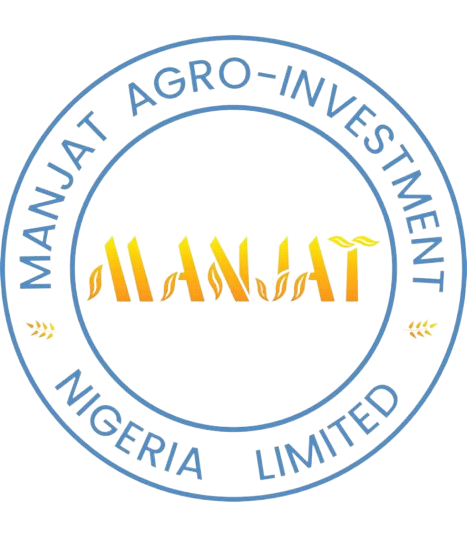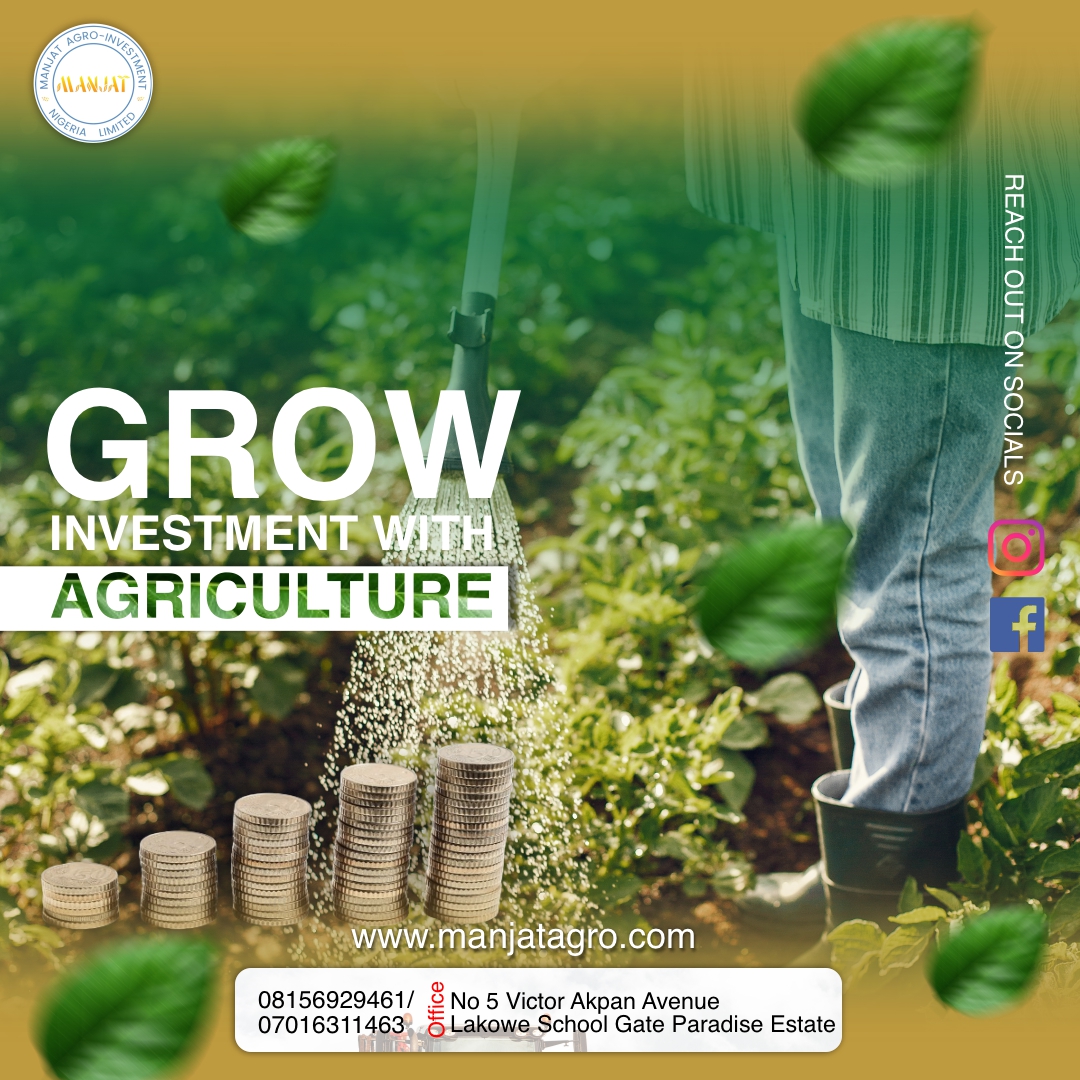- Crop Farming:
- Diverse Crops: Invest in high-demand crops like cassava, maize, rice, yams, and vegetables. Nigeria’s climate supports a wide variety of crops, and there’s a growing demand for both domestic consumption and export.
- Improved Seeds and Practices: Utilize improved seed varieties and modern farming techniques to increase yield and quality.
- Livestock Farming:
- Poultry Farming: This is one of the most lucrative aspects of livestock farming in Nigeria. With the increasing demand for eggs and chicken meat, investing in poultry can yield significant returns.
- Cattle and Goat Farming: Meat, milk, and other dairy products are in high demand. Investing in cattle and goat farming can be profitable, especially with good herd management practices.
- Aquaculture:
- Fish Farming: With the high consumption rate of fish in Nigeria and the declining fish population in natural water bodies, fish farming presents a significant investment opportunity.
- Catfish and Tilapia: These are popular and highly demanded fish species. Setting up a fish farm with proper management practices can lead to substantial profits.
- Agro-Processing:
- Value Addition: Investing in agro-processing can significantly increase the value of raw agricultural products. For instance, processing cassava into garri, flour, or starch can fetch higher prices.
- Packaging and Branding: Proper packaging and branding of processed agricultural products can make them more attractive to consumers and increase marketability.
- AgriTech and Smart Farming:
- Precision Agriculture: Utilize technology such as drones, IoT sensors, and data analytics to monitor and manage farms more efficiently. This can lead to better resource utilization and higher yields.
- Mobile Apps and Platforms: Develop or invest in digital platforms that connect farmers with buyers, provide real-time market information, and offer agricultural advice and resources.
Additional Tips for Successful Investment
- Research and Training: Understand the specific agricultural sector you want to invest in. Continuous learning and staying updated with the latest agricultural trends and techniques can give you a competitive edge.
- Access to Finance: Explore agricultural financing options such as loans, grants, and partnerships with financial institutions and government programs designed to support agricultural investments.
- Sustainable Practices: Adopt sustainable farming practices to ensure long-term productivity and environmental health. Practices like crop rotation, organic farming, and efficient water management can be beneficial.
- Market Access: Establish connections with buyers, distributors, and export markets. Understanding market demands and trends will help you position your products effectively.
Investing in agriculture in Nigeria not only has the potential for significant financial returns but also contributes to food security and economic development in the country.



Leave a Reply